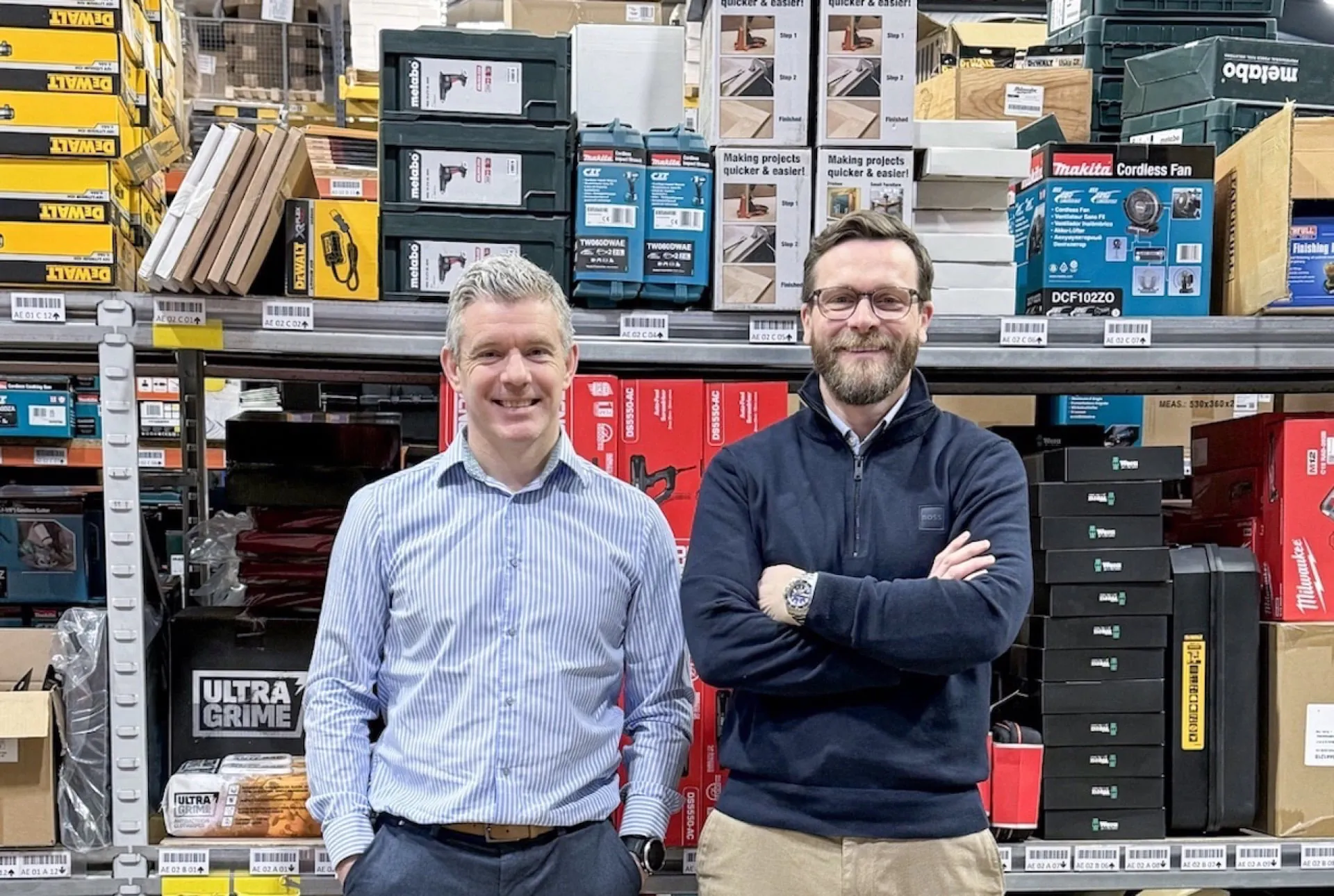

Peter Neal and Andrew Marsh of The Experience Bank Group were invited recently by both The Entrepreneurs Forum and the Chartered Institute for Securities and Investment to participate in online, round table discussions on the Purpose of a Board and Board Effectiveness.
Using their experience and knowledge from the group’s EB High Performing Boards and EB Board Level Recruitment, the pair looked at why it is important to have a board and how to make it effective.
Here they have selected some key discussion points from each event to share with a wider audience in this blog:
“A board should meet as often as the organisation needs to ensure that business performance is in line with expectations and to ensure risks and opportunities facing the business are addressed with the fiduciary duties carried out
“A key role for any board is to make decisions so, if some need to be made, or there are pressing needs, then a board should meet. You can meet more regularly for shorter meetings or quarterly for longer ‘all-day’ meetings.
“Whatever you do, it must be tailored to the needs of the business and not the individuals on the board. You can also call extra-ordinary board meetings if there is a quick decision needed on something outside of your normal cycle.”
“There is no set time commitment, apart from the fiduciary duty of doing the hours required by the business. It is common to see SME’s request two to three days a month from a good NED. But a good NED will be prepared for, and expect to give, a little time above and beyond the contracted amount. So when they say 2 or 3 days they really mean 4 to 5!
“That’s because a decent NED becomes a “critical colleague”, scrutinising and challenging what you do and they will need time to fulfill that obligation. They will know how to lead strategically and avoid being operational, but they do need to see and understand what is happening in the business and be sufficiently informed so they can help the board make fast, effective decisions.
“A new NED position will always be more intense upfront too as they will need to immerse and inform themselves from day one. This will mean that regular contact is essential and not just attendance at quarterly meetings, as many of the lesser effective NEDs seem to believe.
“When looking to appoint a NED you should always use trusted sources for candidates, like the Experience Bank or even your own network, but remember you do need to be clear on what type of NED you need.
“All too often we see SMEs appointing NEDs because they are familiar with them and the business. The role of the board is to set strategy and govern the business, not to be a friend!
“One of the best ways to find a NED is through an independent party who can ensure their values are aligned with yours and possess the right skills and experience. It is critical to carry out a skills audit on what you need and define exactly the expertise required to help steer the organisation on the journey ahead – you should never recruit against the immediate demands and you should always be mindful of future ones.
“Once you have found someone suitable, we would advise that you look at the other activities the potential NED is committed to, to judge their capacity. It is important that a NED has the time as well as the skills.
“It is also important that a NED is just that – a Non-Executive Director. For example, we have seen many organisations appoint someone as a NED purely to access their contacts and help raise the organisation’s profile. In our view you have hired an “ambassador” which can be contracted differently to the fiduciary and decision making role of a NED.”
“We believe that an outstanding NED has three main characteristics:
“Integrity. Independence. Courage.
“They should also be able to leave their ego at the door and display emotional intelligence, not just intellectual intelligence. They need to be empathetic and dispassionately passionate – logical not emotive. They should not be passive and they should be able to calmly challenge assumptions. And have integrity at the heart of all they do.
“They need to be independent, so we caution against having an Investor Director as your only NED. Finally, a good NED is always mindful that board decisions have an impact on all the stakeholders (employees, customers, suppliers etc.) not just the shareholders or executives so they must be willing to make brave decisions, displaying courage.”
“Again, it depends on the organisation and the complexities it faces, but boards can be too big. Too many opinions and too much “noise” can cause issues. On the other hand, a board with no NEDs becomes a management meeting and propagates “groupthink”. We would also recommend you consider refreshing your boards on a 3 year cycle again to bring in fresh perspectives. It’s always good to have an odd number in the board room to avoid stalemates, although the Chair usually has a casting vote, and a diversity of perspectives that represent the views of all stakeholders (including, and probably most importantly, customers).
“We also recommend the use of sub committees or advisory boards to make main board meetings more focused and efficient – this also means you don’t need as many fiduciary Directors. This also allows you to bring executives of different levels in an advisory capacity rather than as legally appointed NEDs or trustees – you then get the skills from those who maybe don’t want to take on the legal responsibility.”
“YES! Family businesses bringing in some external expertise is a really good idea. An independent NED(s) can be very effective in navigating the complex and emotive relationships between family shareholders, but they often need to be highly skilled in diplomacy! Obviously, our advice is that there is huge value in appointing NEDs anyway, and not just as a response to a problem, although appointing a NED is often the most effective solution.”
“Boards should make sure the senior leadership team is held accountable and sticks to plan. They should demand regular analysis and challenge if the business plan is on track.
“NEDs will really help you review critical decisions, like seeking external investments or funding, with an open mind to ensure it is the best option for the business. Having an established board, with independent NEDs, ensures the right decisions are made for the future of the business and all its’ shareholders.
“Remember a high performing board has diversity of thought: Diversity brings a valuable wealth of different perspectives and dynamics – cognitive, strategy, age, background, skills, gender, education, public v private experience … the list goes on…. Research really does show that diversity enables improved business performance.”
Experience Bank Group incorporates The Experience Bank philanthropic, social enterprise company along with a commercial venture providing two, symbiotic services – EB Board Level Recruitment and EB High Performing Boards.
With this combination of specialist expertise, the Experience Bank Group is uniquely positioned to help organisations ensure they have not only the right skills in the boardroom but also optimum board performance with higher value creation.
For founding entrepreneurs and small charities, the social enterprise company, The Experience Bank, has a carefully curated network of inspiring, experienced people who can add value to many start-up businesses and small charities, and can match entrepreneurs to board advisors and non-executives who support businesses to become investment-ready or to successfully achieve the next phase of commercialisation.
5% of all revenue from Experience Bank Group is gifted to The Experience Bank social enterprise to enable more start-ups, early-stage businesses, charities and social enterprises access to high quality, advisory and non-executive talent.




